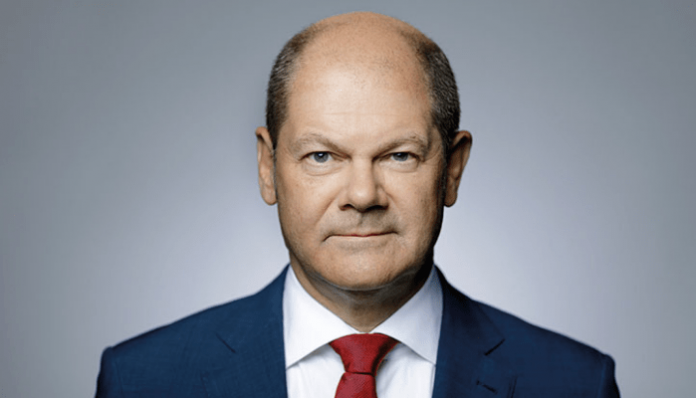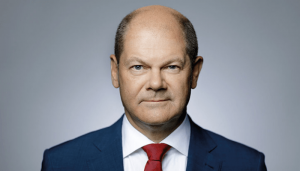Olaf Scholz
By Our Reporter
A new Chancellor has emerged in Germany as Olaf Scholz was voted. He took over from Angela Merkel as Germany’s new chancellor.
Scholz got the support of 395 politicians in the Bundestag on Wednesday morning and will replace Angela Merkel, who is standing down after 16 years.
The vote was not a surprise. Scholz’s SPD and its coalition partners, the Free Democrats and the Greens, have 416 seats in the 736 lower house of the German parliament.
Scholz said on Tuesday that the new government — which forces Merkel’s Christian Democratic Union (CDU) into opposition for the first time since 2005 — “takes up the major challenges of this decade and well beyond that”.
If it succeeds, he said, “that is a mandate to be re-elected together at the next election”.
Scholz, 63, has been Germany’s vice-chancellor and finance minister since 2018 and is a former mayor of the city of Hamburg.
A former lawyer who joined the Social Democrats at 17, Scholz had been positioning himself to succeed Merkel for some time.
“He was elected because he is very similar to Angela Merkel – and that was his calculation,” Lars Haider, editor in chief of Hamburger Abendblatt and Scholz’s biographer, told Euronews on Tuesday.
Scholz was credited with the Social Democrats’ surprise win in the 2021 elections, with the party coming from third place in the polls to secure a narrow victory over the CDU. He then quickly assembled a coalition with the German Greens and the pro-business Free Democrats.
Haider, whose book on Scholz will be published in German this week, said that just because Scholz is like Merkel, that does not mean Germany is headed for more of the same. Merkel, he said, was a reactive politician who responded to the political and public mood. Scholz is far more decisive.
“He has clear goals, and he puts things in place in order to achieve them […]. If it doesn’t work, he says: ‘OK, next time I’ll do it better,” Haider said.


